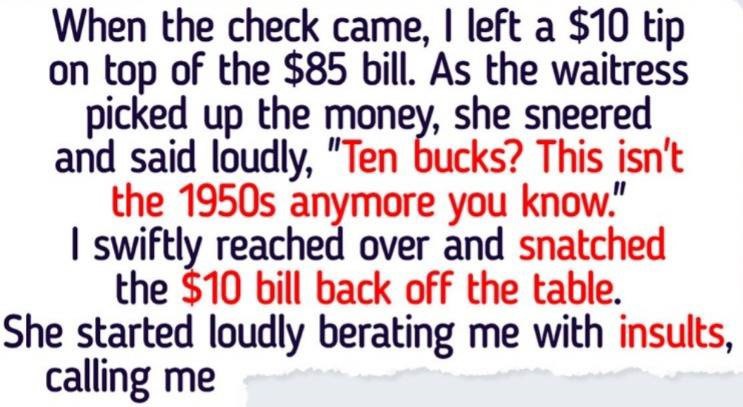When Dining Out Goes Awry
Dining out is meant to be a pleasurable experience—a chance to relax, enjoy good food, and unwind. However, encountering rude or unprofessional service can quickly sour the occasion. Knowing how to handle such situations calmly and effectively is essential for maintaining your composure and ensuring a resolution that doesn’t escalate tensions.
Recognizing Unprofessional Behavior
Identifying Rude Service
Unprofessional behavior from waitstaff can manifest in various ways, including:
- Dismissive Attitude: Ignoring customer requests or responding curtly.
- Inattentiveness: Failing to check on patrons or provide necessary items.
- Hostile Remarks: Making sarcastic or insulting comments.
Recognizing these signs early can help you address the issue before it escalates.
Immediate Steps to Take
Stay Calm and Composed
Maintaining your composure is crucial. Reacting with anger can exacerbate the situation. Take a deep breath and assess the behavior objectively.
Politely Address the Issue
Engage the waiter directly but courteously. For example:
- “I noticed that our requests have been overlooked. Is there something we can do to improve the situation?”
This approach opens a dialogue without sounding confrontational.
Escalating the Concern
Request to Speak with Management
If the behavior persists, it’s appropriate to involve a manager. Express your concerns clearly and factually, focusing on specific incidents rather than general complaints.
Understanding the Waitstaff’s Perspective
High-Pressure Environment
Restaurants are often high-stress settings. Understanding this context can foster empathy and patience.
When to Consider Leaving
Persistent Rudeness
If the service doesn’t improve after addressing the issue, it may be best to conclude your meal and consider providing feedback through appropriate channels later.
Providing Constructive Feedback
Post-Visit Communication
After leaving, consider writing a constructive review or contacting the restaurant to detail your experience. This can help management address training needs without the heat of the moment influencing your feedback.
Conclusion: Maintaining Dignity in Difficult Situations
Encountering rude service can be challenging, but handling it with grace and composure reflects well on you and can lead to a more positive outcome. By addressing the issue calmly, involving management when necessary, and providing constructive feedback, you contribute to improving the dining experience for yourself and future patrons.






